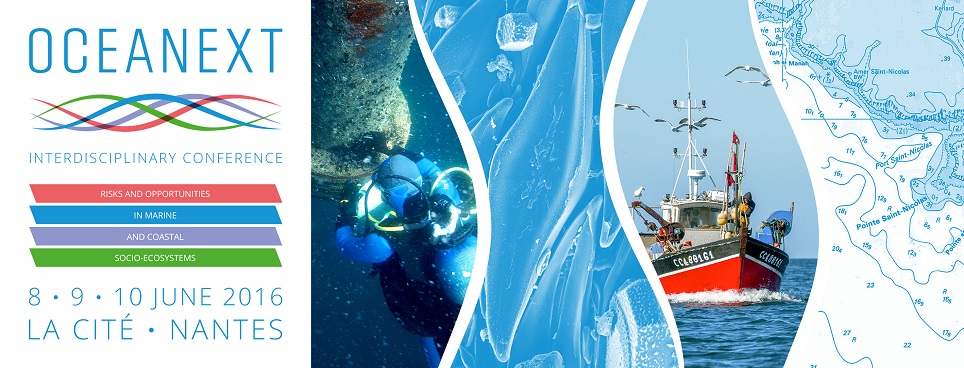In tropical marine ecosystems implementing a marine spatial planning (MSP) have specificities. According to the IOC-Unesco, MSP aims at conciliating human uses and conservation. In tropical areas, MSP faces a critical challenge, the sea grabbing. The political instability in various countries, particularly in Africa, and the economic power of transnational companies affect power relationships. An increasing surface of ocean is affected by activities. The current effort to better organise these activities at sea in western Africa and Brazil illustrates this new framework. In such context it is important to determine whether MSP can intensify the problem of ocean grabbing. Such question is directly related to the role of governments in the implementation and definition of MSP. Adapting MSP to tropical countries can also be a way to question and improve this process that have been developed by and for developed countries. In particular MSP could better account for traditional knowledge and uses, and ecosystem dynamics. !
- Autre

 PDF version
PDF version
